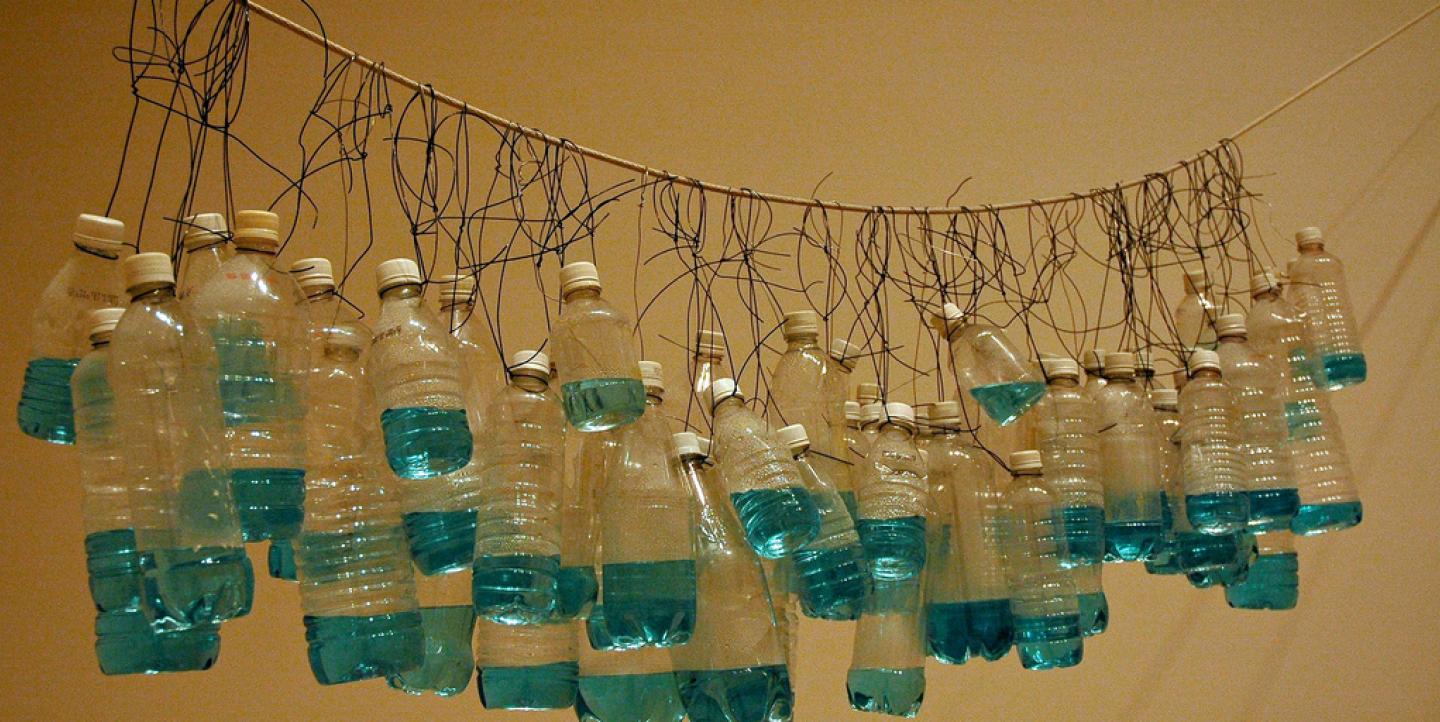In Lagos, Nigeria’s most populous city, authorities struggle to provide households with access to clean water, creating a booming market for packaged drinking water. Factories produce bottled water as well as sachet water commonly packed in half liter polyethylene bags. The sachet water, locally known as “pure water,” is popular among consumers for its perceived safety and lower price.
An investigative reporting project by Nigerian journalist Hannah Ojo recently exposed the high level of contaminants found in the sachet water, prompting the government to take action against non-compliant water factories.
Over a period of three months, Ojo collected samples of sachet water sold around Lagos, which were then subjected to tests at the University of Lagos laboratory. In total, 30 samples from different water manufacturers were tested to determine whether their chemical, physical and microbiological properties met World Health Organization (WHO) standards for potable water. The Nation Newspaper published the lab results, listing the water brands whose samples failed to meet the standards.
“A majority of the water samples tested contained high levels of contaminants,” says Ojo. “Thanks to the laboratory approach, we were able to present our readers with evidence to help them make better choices.”
The investigation was funded through Code for Africa’s impactAFRICA, a journalism grant project which supports data-driven storytelling across the continent. One of Ojo’s chief concerns was the fact that the rate of water-borne diseases in Lagos state is quite high.
“With the story, I wanted to get the various regulatory agencies — such as the National Agency for Food and Drugs Administration and Control (NAFDAC) and the Lagos State Water Regulatory Commission (LWRC) — to pay more attention to the issue,” says Ojo.
Her efforts paid off. As soon as she published the story, officials from the LWRC raided several water factories to collect samples for independent lab tests. On October 20, the Lagos state government further revoked licenses of four water bottling companies for failing to comply with state water law. The public has also responded to the story in various ways, with some taking to social media to share their experience with sachet water. Others have requested that the investigation is expanded beyond Lagos, to other parts of the country.
While working on the story, Ojo had to adopt a more scientific approach to gather empirical evidence that would inform the coverage. She consulted widely with experts, including food scientists, chemical pathologists and epidemiologists to help in interpreting data from the laboratory. She encourages other journalists pursuing a test-tube approach to be thorough, but balanced in their reporting.
“It is important to present a balanced view by reaching out to all sides and giving them a fair say, despite the evidence,” she says.
Irene Wangui is an Africa program consultant at the International Center for Journalists.
Main image CC-licensed by Flickr via Wonderlane

